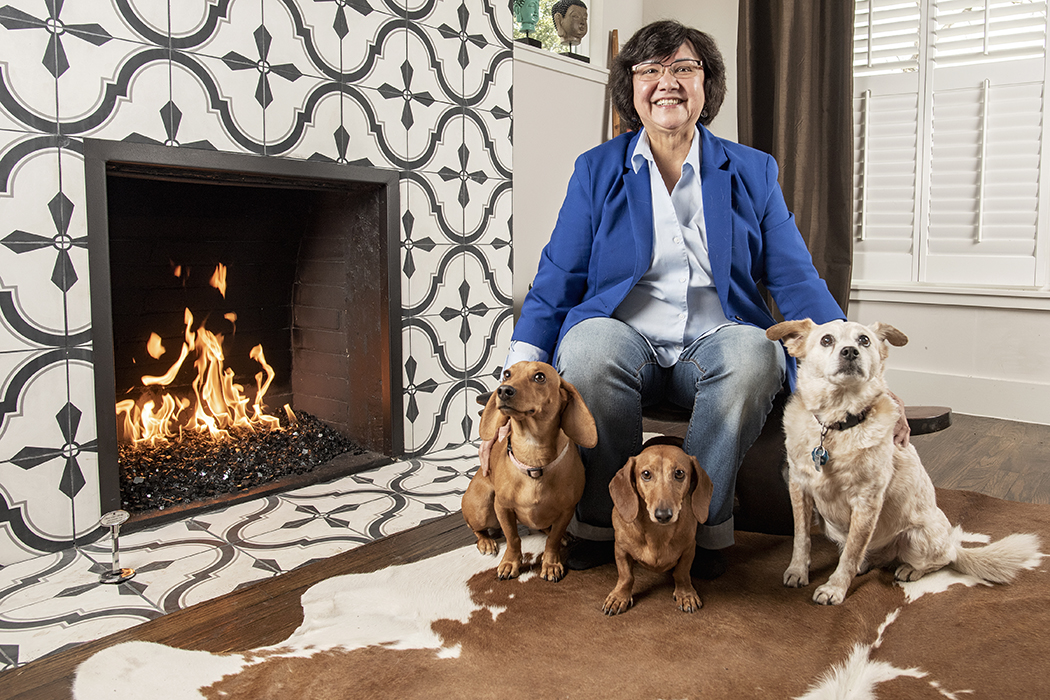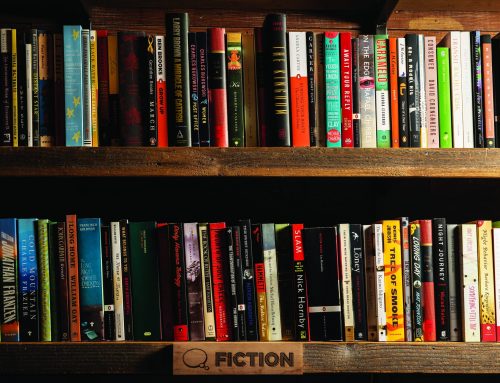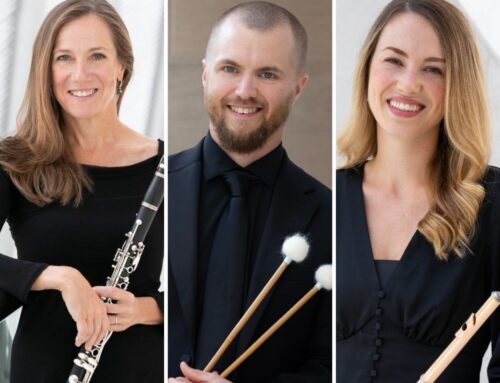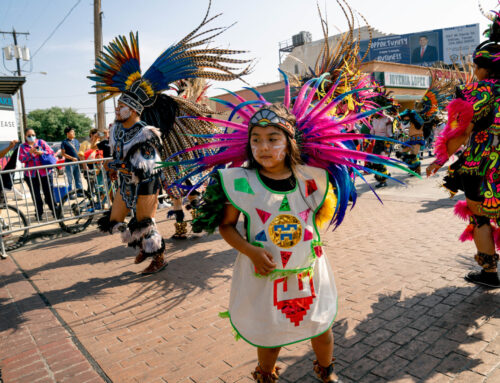Lupe Valdez moved to Oak Cliff in 1980. She lived on Ravinia Drive and Ivandell before moving to North Edgefield in about 1992.
“I bought quite economically because it was so drug infested in the ’90s. It wasn’t about schools and families and children like it is now,” she says. “I always said, ‘I have a dog, and I have a gun.’ The dog will let me know you’re coming, and I’ll greet you.” Valdez, 71, worked as a jailer and then a federal agent before she was elected to Dallas County Sheriff in 2005. She was the first woman, the first Latina and the first lesbian to hold the office. Last year, she ran as a Democrat for governor of Texas, losing to Republican incumbent Greg Abbott, although Valdez had more than 3.5 million votes. She and her partner, Urban Hippie Chiropractic owner Lindsay Browning, recently renovated and moved into a smaller house next door to their old one.
Why did you run for governor?
I wanted to lead Texas. The leader is the one who changes the tone and direction. When I was sheriff, I led the department, and other people changed it. In my naïve way, I wanted to do the same thing for Texas.
What are you proud of as Dallas County Sheriff?
When I took over the Sheriff’s Department, it was a good-ol’-boys club. And we changed it. We changed from hatred to respect. If you could see a picture I have that shows the showers in the jail before and now. They were grody. It gives you a visual of what I took over. It was a mess. Our mentally challenged folks, all they were doing was being held. Nothing was being done for them. They had an obsession with their body systems, so they would urinate and poop all over themselves, and there was nobody there to run in and clean it up. If you walked into the first floor, you could smell it up on the eighth floor. We made teams to clean [the jail] up over four or five years. Within 10 years, it wasn’t even the same jail.
The department had some corruption.
The Sheriff’s Department had people making a lot of money, and they were not working. They were taking care of their friends and themselves. I sent correctional officers to a correctional officers conference, and they were amazed because they never got to go before. The heads always went, and all they wanted to do was party. The conference didn’t mean anything to them. A privileged few got everything — hunting trips, five or six conferences a year. Why are we taking care of 10-to-12 people, and there’s 800 more that need help, that need to fix a jail that’s unsanitary?
How did that experience shape your run for governor?
I saw the same things happening at the state level that I encountered here. Texas has 4.3 million people without health insurance. Texas is the most uninsured state in the United States. Our public education system is suffering because they keep taking money away from local schools. And look at what some of [Abbott’s] buddies are doing. They’re getting richer by the minute because they’re taking contracts from him. I saw all of this, and I said, “If I can do this for the Sheriff’s Department, then I can do it for the State of Texas.”
Why is education so important to you?
Education is an equalizer. I came from the poorest neighborhood in San Antonio. Sixty years ago and even now, it’s still the poorest ZIP code in San Antonio, and I was able to make it and get out alive because of our parents. My mother figured out that education is the gateway, and she pushed my brothers and me to get our education. If we look at what our current folks are doing with education and healthcare, they’re making people rich, and they’re not helping anyone else. They keep taking away from education and dumping on the local communities, and if local communities want quality education, then your property taxes keep going up and up.
Criminal justice obviously is important as well.
When I was sheriff, we started so many inmate programs to help people get out of crime. Not everyone’s going to take advantage of that, but I believe that more than 70 percent of people who are in jail could be helped and rescued if we only did things differently. Jail is for people we’re afraid of, not for people we’re upset with. Too much of our modern society is vengeance.
What surprised you about running for governor?
Knowing how hard I had to work to win an election in Dallas County, I had a really good idea about what was coming. A lot of people approached me and said, “You know you can’t win.” Well you can’t just sit there and do nothing. You can’t say, “We can’t win.” We got our message out so much. In the last two months, I spent a day and a half at home. Texas is huge. Why couldn’t I have run for governor of Vermont or Rhode Island?
The other side won by 1 million votes, and they had more than 100 times the money.
They had money to buy TV, so … I would be home, and it would say, “Colin Allred: believes in open borders and wants to raise your taxes. Too liberal for Texas.” Then I would go to Houston, and it would be, “Lizzie Fletcher: believes in open borders and wants to raise your taxes. Too liberal for Texas.” Every market, the same thing. Yet not a single one of those folks ever said, “Open borders” or “Raise your taxes.” You’ll never find it anywhere. But the [GOP] made up their own message, and they put it out. So you can’t quit. Don’t give them the opportunity of taking over with their lies. You have to say “No, that’s not the way it is.” And you have to put light on the fact that they’re lining their pockets like you wouldn’t believe.
What about your campaign are you most proud?
How hard we worked. It is a journey that I’ll never regret. I met so many people who are also interested in doing the right thing. There are people out there who are not selfish and don’t just want to get rich. They want to do well, but they also want other people to do well. I had about 18 employees, mostly millennials. It gave me hope for millennials because they were such hard-working folks. We were on the road at 5 or 6 in the morning. Often our last function would last until 11 at night, so it was long days. I was so proud. I don’t like the results, but I will never regret it.
What’s next for you?
I have no idea. There never was a plan B. My partner decided we were going to downsize, so we went from a 3,500-square-foot house to a 1,200-square-foot house. For the past two months, I’ve been organizing and cleaning the house next door. I’m starting to get speaking engagements, and I’m not sure what to do. I have two ideas: civility in politics, and something that will help re-entry for female inmates. About 90 percent of women who commit crime are following a man. It was all around “who’s going to take care of me?” So I started helping train them for jobs such as welding, machinists, commercial printing, stuff you can get out there and get a job.
What do you do to relax?
The last five years that I’ve known my partner, everything has been focused on my time. So whenever there’s any free time, it’s whatever she wants to do. She likes to hike. We go to Oak Cliff Nature Preserve, Twelve Hills Nature Center and the levees. We walk three or four miles a day with our dogs. Or, she likes to be by the sea. We just came from Costa Rica. In all fairness, it’s whatever she wants. We went to Big Bend. We went to Colorado. We’re watching movies now, too. Last week we watched movies for about four hours and ordered food in. She owns her own business, so anyone who owns a business works a lot.
This interview has been edited for clarity and brevity.
- Photography by Danny Fulgencio.
- Photography by Danny Fulgencio.
- Photography by Danny Fulgencio.
- Photography by Danny Fulgencio.









